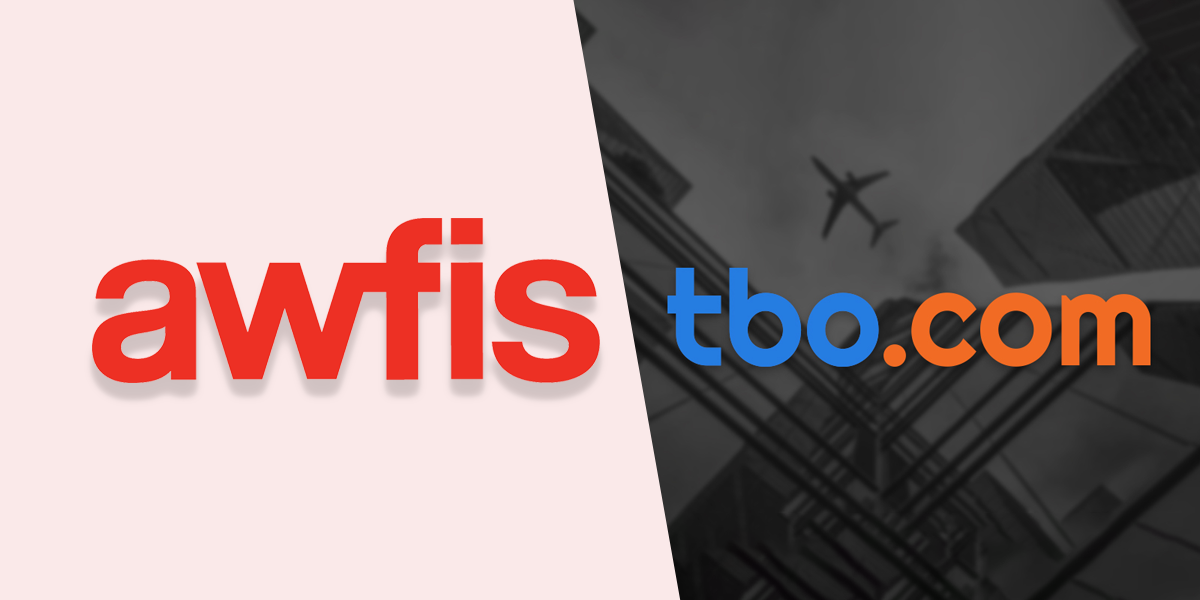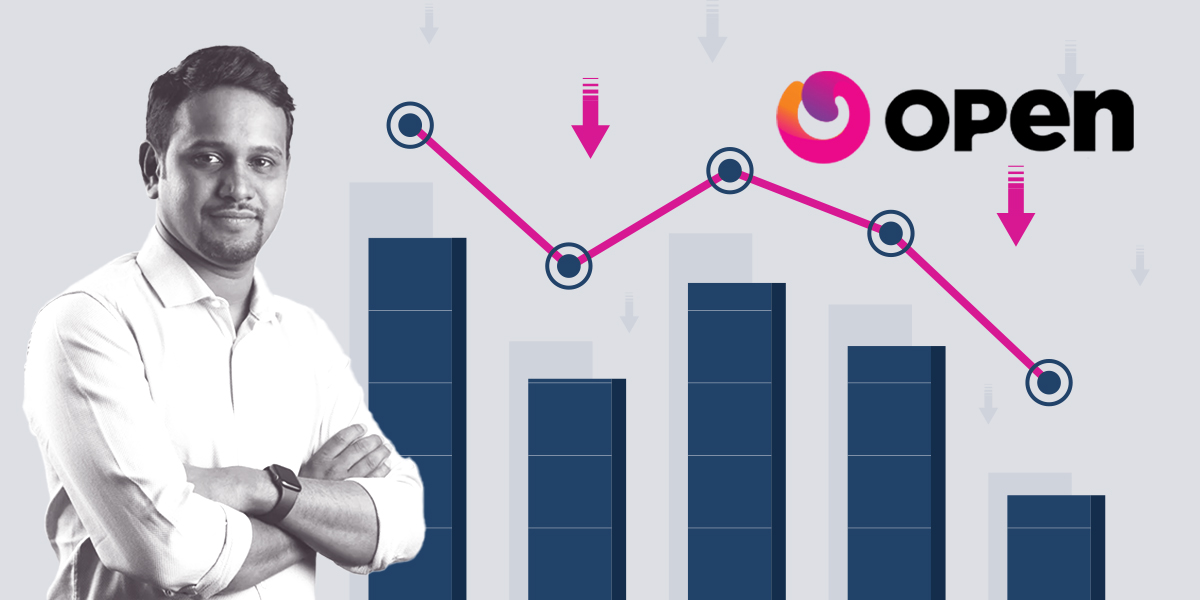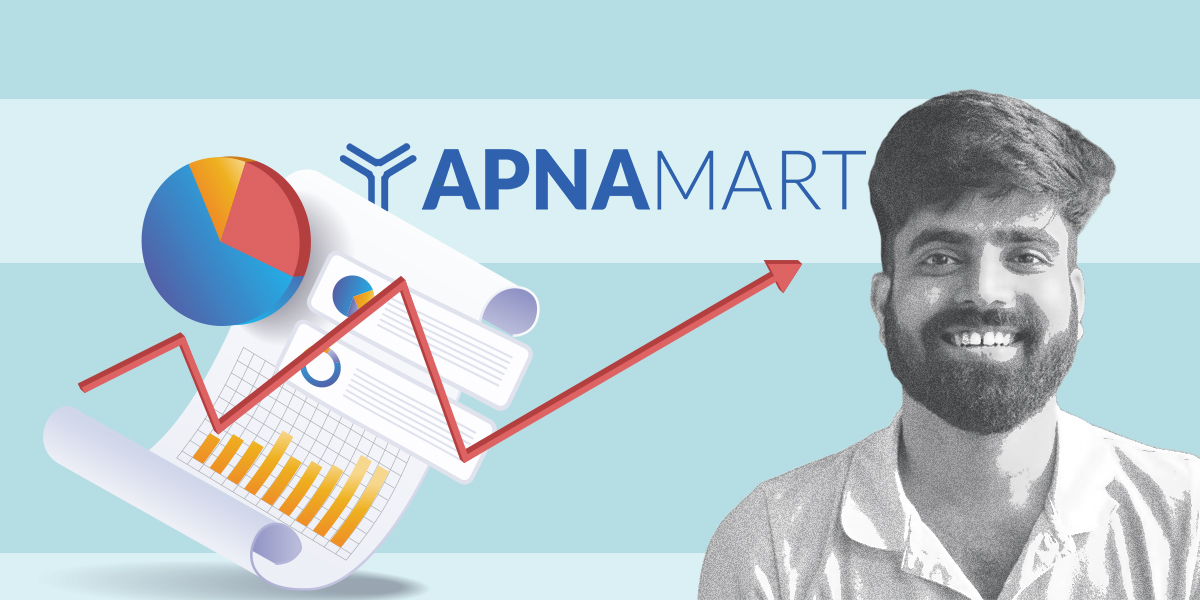Cloud-kitchen focused foodtech platform InnerChef has improved its financial figures in FY17. The Gurugram-based company has witnessed 295 per cent increase in revenue, making it Rs 9.8 crore in the fiscal year 2016-17 as compared to Rs 2.5 crore in the preceding fiscal.
Meanwhile, its losses registered a spike of about 184 per cent in FY17. The company had a loss of Rs 11 crore during the financial year, while the figure stood at Rs 3.87 crore in FY16.
InnerChef offers ready-to-eat meals, decadent desserts gourmets do-it-yourself recipe kits along with foods promoting detox, cleansing, and healthy eating habits. It had raised $2.5 million from the Japanese early-stage fund Mistletoe, Singapore-based M&S Partners, and existing investors in October 2016.
The overall expense for the company has jumped to Rs 25.7 crore in FY17 from Rs 7.7 crore in the previous fiscal. Wherein, employee benefits expense and manpower service have accounted for 36.5 per cent of the total expenses incurred.
Manpower service cost has recorded a massive 544 per cent increase to Rs 4.55 crore in FY17 from mere Rs 70.6 lakh in the preceding fiscal.
Unlike other food aggregators like Swiggy and Zomato, InnerChef follows a cloud-kitchen model. For uninitiated, a cloud kitchen is essentially a restaurant that accepts incoming orders only through online ordering systems without having dining facilities.
Presently, it has services in four cities including Mumbai, Delhi (NCR), Hyderabad, and Bengaluru with a portfolio of four brands. The company competes with FreshMenu and cloud kitchen units of Swiggy and Zomato.
Comparing InnerChef FY17 financials with FreshMenu, it is evident that the latter has narrowed the increase in losses to 25 per cent, taking the loss figure to Rs 42.28 crore during the aforementioned financial year. Importantly, its revenue grew to Rs 76.04 crore from Rs 34.43 crore in FY16.
Unlike aggregation, cloud kitchen models are considered to have sound unit economics and offer better control on consumer experience. The decent growth of InnerChef and Fresh Menu in FY17 is testimony that cloud kitchen with vertical approach can gradually be scaled with better chances of profitability.
Contrasting this decent growth in financials is the declining Zomato and Swiggy ratings of these two companies. The decline in the popularity and customer satisfaction may affect the next financials.
Henceforth, it would be interesting to see how these cloud kitchen models perform in FY18. They are yet to file financials for the last fiscal year.














